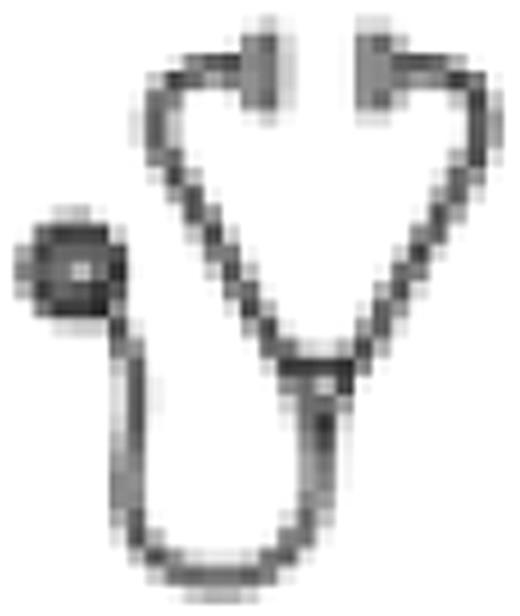Abstract
Autologous stem cell transplant for myeloma improves response rates, but the immunologic mechanisms contributing to this improvement are unknown. Our results indicate that this beneficial effect may be due to a subpopulation of CD8+T cells that express an NK cell activating receptor, called NKG2D. NKG2D is present on some CD8+ T cells that mediate TCR-independent and non-MHC restricted tumor cell killing. Three NKG2D ligands (MICA, ULBP1, and ULBP3) are expressed on patients’ myeloma cells. Our data indicate that NKG2D expression can be up-regulated on some CD8+T cells making these cells highly effective at killing myeloma cells. We previously developed an ex vivo expansion method that enriches for NKG2D+CD8+T cells using mobilized blood progenitor cells (Cytotherapy 2008). These ex vivo expanded NKG2D+CD8+ T cells aggressively lysed myeloma cells and blocking the NKG2D receptor significantly inhibited this killing (p<0.0009). Due to these intriguing laboratory results, we conducted a phase II trial using adoptive cellular immunotherapy following autologous transplant, using ex vivo expanded cells enriched for NKG2D+CD8+ T cells. Myeloma patients received high-dose melphalan (200mg/m2) followed by an autologous transplant. Low dose IL-2 (6×105 IU/m2/d × 20 days) and GM-CSF (250 μg/m2/d) were administered following transplant. The ex vivo expanded cells (1 × 109 CD3+ T cells per infusion) were administered at weeks 1, 2, 3, and 8 following transplant. Nineteen of twenty-three patients are evaluable. Median engraftment of neutrophils was 13 days (range: 12–16 days) and 16 days for platelets (range: 12–26 days). All nineteen patients completed the full course of post-transplant IL-2. There were no treatment-related deaths. Due to the required CD3+T cell number in each of the ex vivo expanded cell infusions, fifteen patients received the ex vivo expanded cells (4 infusions n = 9; 3 infusions n = 3; 2 infusions n = 2; 1 infusion n = 1). Transplant-related adverse effects (> Grade 3) included nausea/vomiting (n=2), fever (n=7), elevated AST/ALT (n=2), anorexia (n=2), pneumonia (n=2), enteritis (n=1), diarrhea (n=2), pulmonary embolism (n=1), or typhlitis (n=2).There was an increased number and function of NKG2D+CD8+T cells circulating in vivo post-transplant. At 1 month post-transplant, there was an increase in the number of NKG2D+CD8+T cells (p < 0.0004), CD3+CD8+ T cells (p < 0.027), CD8+CD56+T cells (p < 0.0086), and NKG2D+CD56+ T cells (p < 0.0036). The circulating NKG2D+CD8+T cells recognized and lysed autologous myeloma cells (p<0.005) and lysis was significantly inhibited by blocking NKG2D (p<0.0014). NKG2D ligand expression on patients’ myeloma cells strongly correlated with % cell lysis. These results suggest that NKG2D+CD8+ T cells recognize and kill autologous myeloma cells in an NKG2D-dependent manner. Since myeloma cells down regulate MHC-I, NKG2D+CD8+T cells’ MHC-I unrestricted killing of myeloma cells may improve outcomes in transplanted myeloma patients. Ongoing experiments will identify the kinetics of NKG2D+CD8+ T cells following transplant and the molecular mechanisms of cytotoxicity.
No relevant conflicts of interest to declare.

This icon denotes an abstract that is clinically relevant.
Author notes
Asterisk with author names denotes non-ASH members.

This feature is available to Subscribers Only
Sign In or Create an Account Close Modal